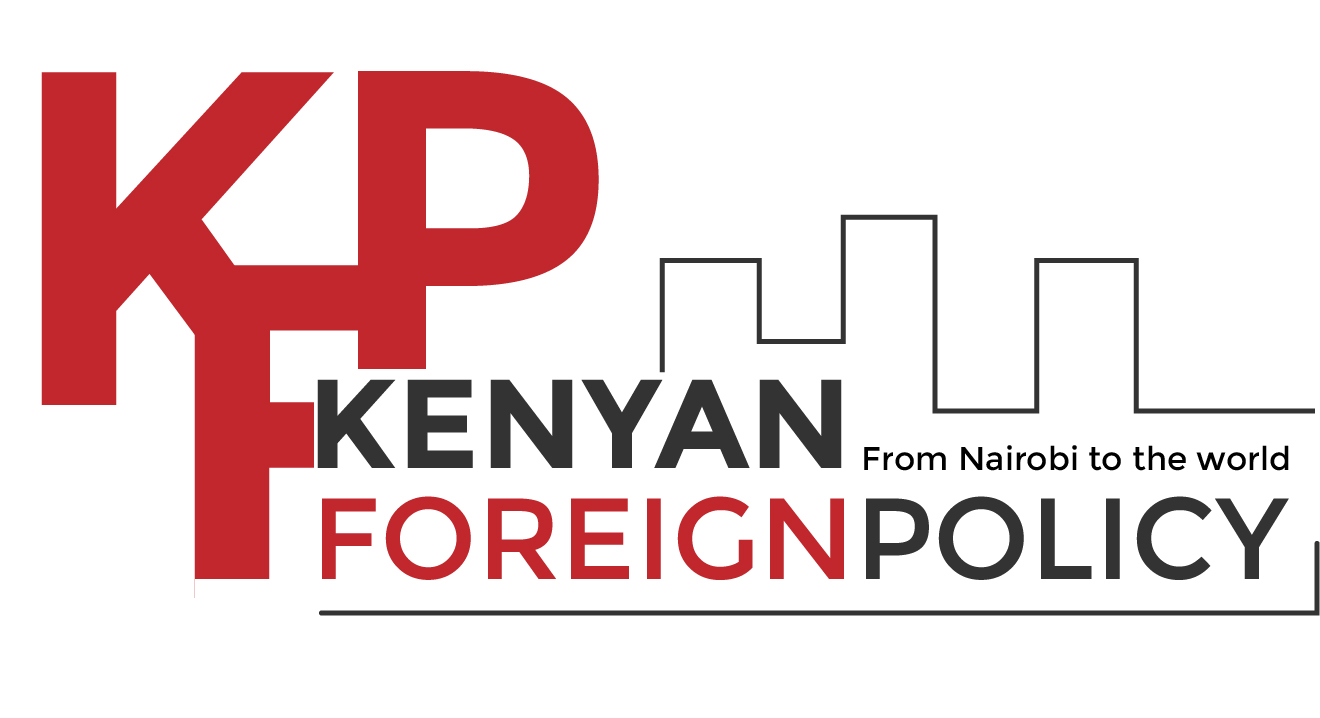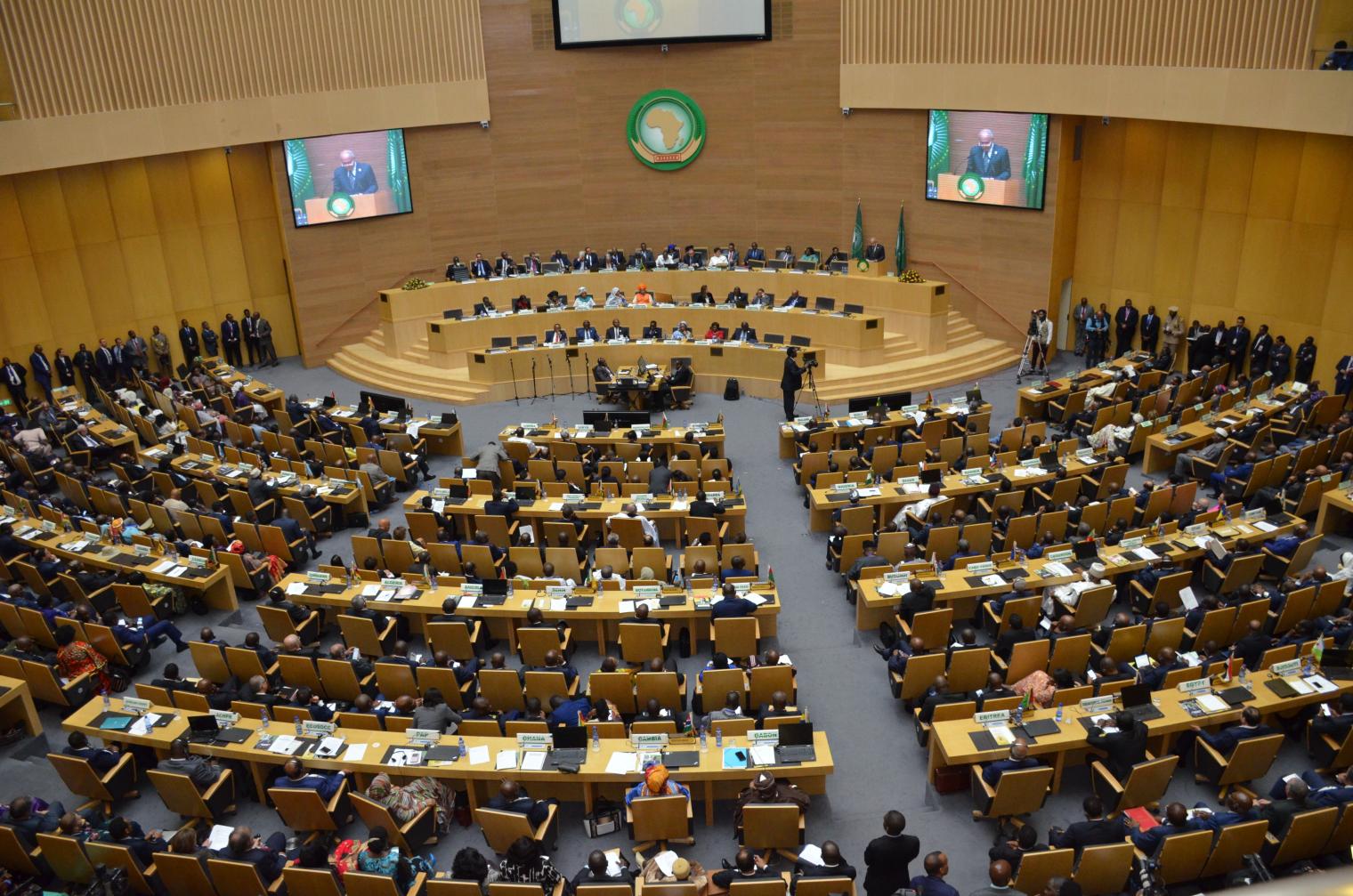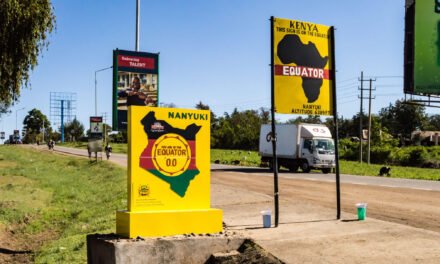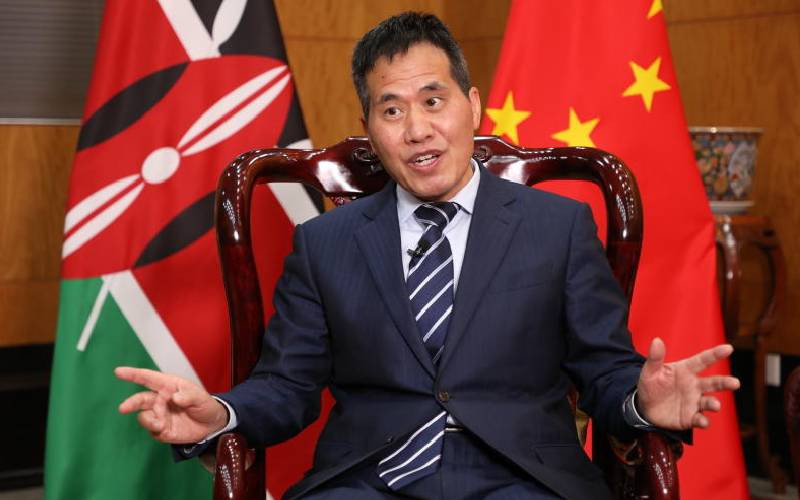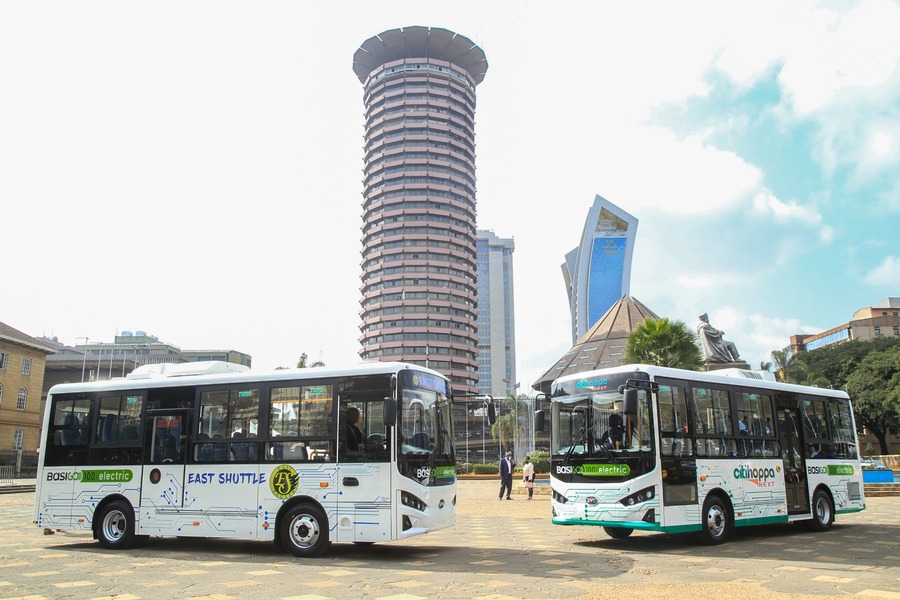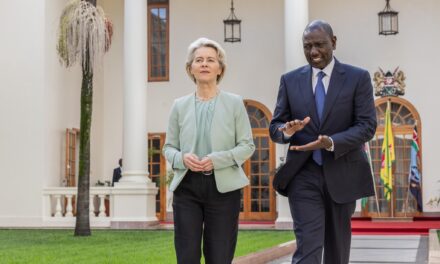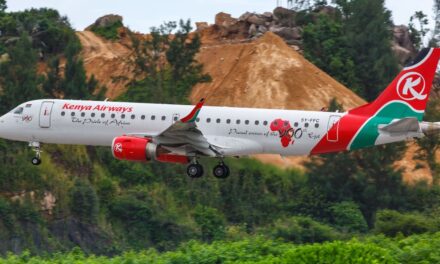
Kenya’s Collaboration with Indonesia Deals a Blow to Malaysia’s Palm Oil Ambitions
Posted by KFP Editor | Jul 6, 2023 | TRADE - AfCFTA


In a surprising turn of events, Kenya has dealt a significant blow to Malaysia’s palm oil ambitions through a collaboration announcement with Indonesia, the world’s largest producer of palm oil.
This development has sent shockwaves through the edible oil industry, as Kenya aims to attain self-sufficiency and reduce its dependence on imported oils.
Just days after Malaysia hosted the inaugural Malaysian Palm Oil Forum in Nairobi, Kenyan Trade Minister Moses Kuria made the announcement.
“I believe there are huge opportunities for the private sector in our two countries to redefine business approaches, form partnerships, and strategic alliances to explore new avenues for expanding the edible oil and palm oil business,’’ Malaysia’s Deputy Prime Minister and Minister of Plantation and Commodities Fadillah Yussof said during the forum on Tuesday.
Government officials gave the Palm Oil Forum organized by Malaysia a wide berth after they failed to take part amidst the ongoing struggles with local industry players.

Moses Kuria has however revealed that Indonesia will lend its expertise to Kenya in large-scale farming of palm oil, sunflower oil, and soya beans, paving the way for a thriving domestic industry.
The Kenyan government, led by President William Ruto, is taking proactive steps to boost the country’s edible oil production.
Minister Kuria stated that a delegation of prominent Indonesian government officials and private companies will visit Nairobi next week.
Their objective is to engage in high-level discussions with President Ruto, the Trade Cabinet Secretary, and Agriculture Minister Mithika Linturi to forge an agreement for the comprehensive development of the edible oil sector in Kenya.
The talks will focus on supporting Kenyan farmers in selected counties of Lamu, Kwale, Tana River, Taita Taveta, Homa Bay, Migori, Kisumu, and Busia through an outgrowth scheme as well as large-scale plantation farming.
This strategic collaboration with Indonesia marks a major setback for Malaysia, which had been eyeing an increase in palm oil exports to Kenya.
Moses Kuria further added that Kenya imports crude palm oil worth US $I billion annually through 5 companies of Bidco, Kapa Oil, Pwani Oil, Menengai, and Golden Africa.
However, Kenya’s decision to diversify its sources of edible oils and seek the expertise of Indonesia highlights its determination to achieve self-sufficiency and strengthen the local industry.
Kenya’s agricultural sector is poised for transformation through large-scale farming initiatives, fostering economic growth, job creation, and technological advancements.
Your support empowers us to deliver quality global journalism. Whether big or small, every contribution is valuable to our mission and readers.
